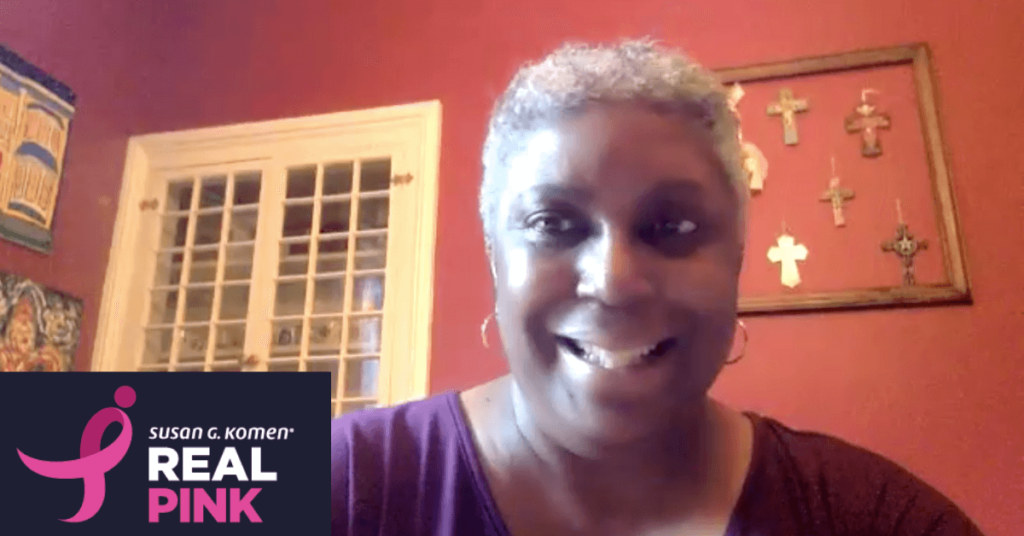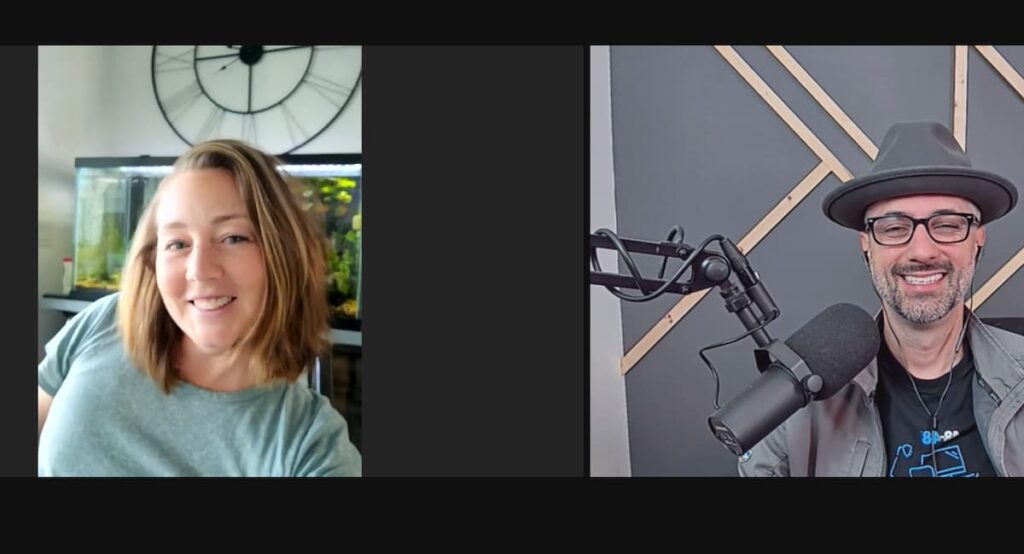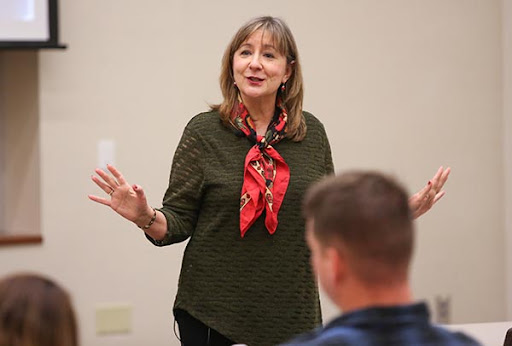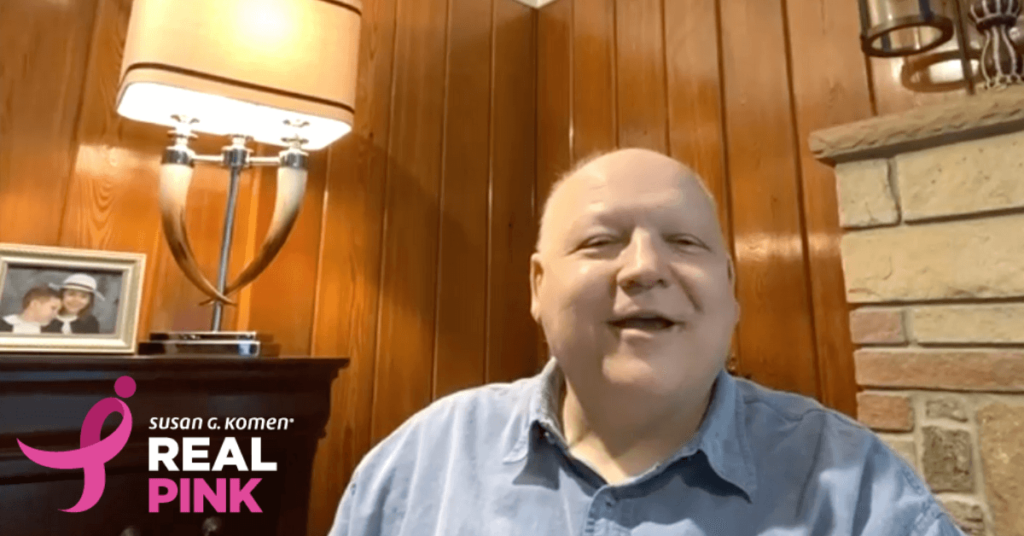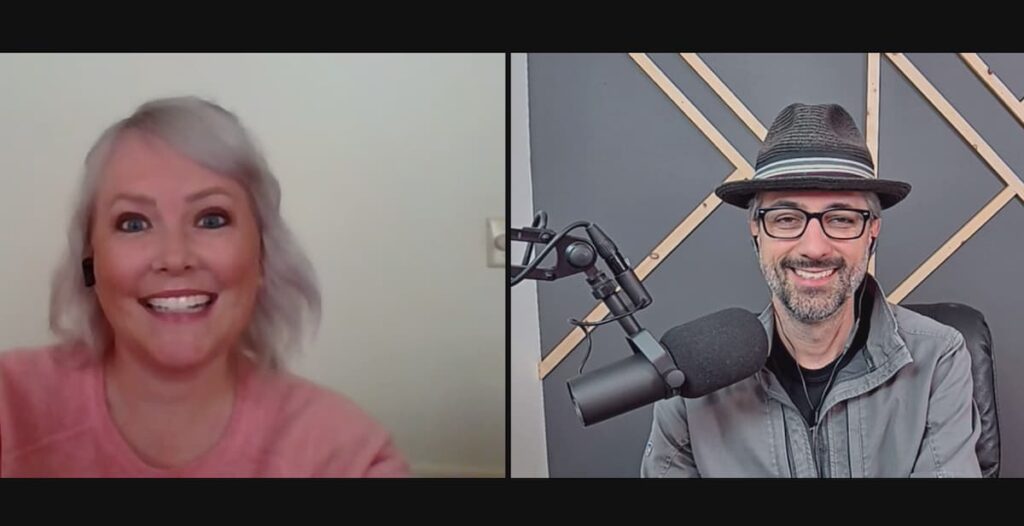Archive for October 2021
The Call I Wasn’t Expecting
Breast density is a measure used to describe the proportion of the different tissues that make up a woman’s breasts. It compares the area of the breast and connective tissues seen on a mammogram to the area of fat. Women with dense breasts are four to five times more likely to get breast cancer than women with fatty breasts, but it is also not uncommon to get called back for additional screenings when you have dense breasts, because dense breast tissue makes it more difficult to interpret a mammogram. Today’s guest needed an ultrasound multiple years in a row following her annual mammogram, but in 2020, received a call that she was not at all expecting. She had breast cancer. Here today to share her story is Emily’s Zarecki. Emily, welcome to the show!
Read MoreNew Advances for Triple-Negative Breast Cancer Patients
Today, we’re speaking with Dr. Neil Vasan, an assistant professor in the Department of Medicine, Division of Hematology Oncology at Columbia University Medial Center.
Dr. Vasan is a physician scientist who studies how proteins function in breast cancer cell signaling and how treatments impact breast cancer cell signaling, which is the communication within a cell. His research has been published in top scientific journals including Science, Nature Cancer, Cancer Cell, and Cancer Discovery and he’s received multiple awards, including being selected as a next gen star of the American Association for Cancer Research.
Today, we’re going to be discussing exciting new developments in the treatment of triple negative breast cancer. Dr. Vasan welcome to the show!
Read MoreMBC Week – Action and Advocacy
Everyone can make a difference in the life of someone living with this disease by urging elected officials in Washington DC to pass pending legislation that would directly help this community. Today, we’re going to be talking about advocacy and why it’s so important to alleviate patient burden through robust public policies that recognize both the financial toxicity of treating breast cancer and the systemic hurdles patients must pass through to access their care.
Here today to share her personal story is Stephanie Walker. Stephanie is a registered nurse with close to 40 years of clinical practice experience with the last 15 years working in hospice and end of life care, when she received her MBC diagnosis in 2015. After health issues caused her to leave her work in 2018, she was faced with stark financial realities that MBC patients often encounter.
Through it all, Stephanie learned to be her best advocate and is passionate about teaching other men and women with MBC how to do that too. Stephanie, welcome to the show.
Read MoreMBC Week – Financial
Everyone can make a difference in the life of someone living with the disease by donating to breakthrough research. A diagnosis of metastatic breast cancer is devastating, and as hard as it is to hear, metastatic breast cancer cannot be cured today. Unlike breast cancer that remains in the breast or nearby lymph nodes, you can’t get rid of all the cancer that is spread to the outer parts of the body.
A major focus of treatment for MBC is maintaining quality of life, which encompasses your overall wellbeing. Your emotional and physical health can affect your quality of life as can concerns about your financial strain caused by living with MBC. Katie Peterson is here today to discuss her story and some of the financial realities of living with metastatic breast cancer, many of which can be far reaching.
Katie, welcome to the show!
Read MoreMBC Week – MBC Grant Announcement
The Susan G Komen Metastatic Breast Cancer Collaborative Research Initiative is a first of its kind effort that is bringing together the best and brightest researchers at Duke Cancer Institute and UNC Lineberger Comprehensive Cancer Center to find breakthrough discoveries to end metastatic breast cancer.
Read MoreMBC Week – Emotional Impact
Everyone can make a difference in the life of someone living with the disease by donating to breakthrough research. Living with metastatic breast cancer is overwhelming. There’s a lot of information to process, emotions to deal with, and a constant balancing act between the reality of dealing with your disease and trying to stay present and live your best life.
Although metastatic breast cancer cannot be cured today, it can be treated. Treatment focuses on extending life and maintaining quality of life and as treatments improve, so does survival. Our guest today is a young mom and is here to share her story of living with metastatic breast cancer and how she holds onto hope for a cure through research.
Ashley, welcome to the show.
Read MoreMBC Week – Physical
Everyone can make a difference in the life of someone living with the disease by donating to breakthrough research. Enduring the ongoing treatments necessary when living with metastatic breast cancer can have far reaching physical side effects, including muscle and joint pain, fatigue, loss of appetite, vomiting, and nausea. Often things you take for granted, such as walking or even standing can become a challenge.
Luckily, symptom management and supportive care is available, with the aim to prevent or relieve some of these side effects. But the reality is that an MBC diagnosis can often drastically change your day to day life. Here today to share his story, and now he manages his journey with metastatic breast cancer is Kirby Lewis.
Read MoreKristin’s Story: Triple Negative Breast Cancer at 30
People who have their own personal experience with breast cancer often look for ways to give back, to pass on the support that they received during their journey. Today’s guest was diagnosed with stage three, triple negative breast cancer at age 30, and is now passionate about being an inspiration to others that are diagnosed. Here to share her story and the ways she is supporting others is Kristin Siskin.
Read More


